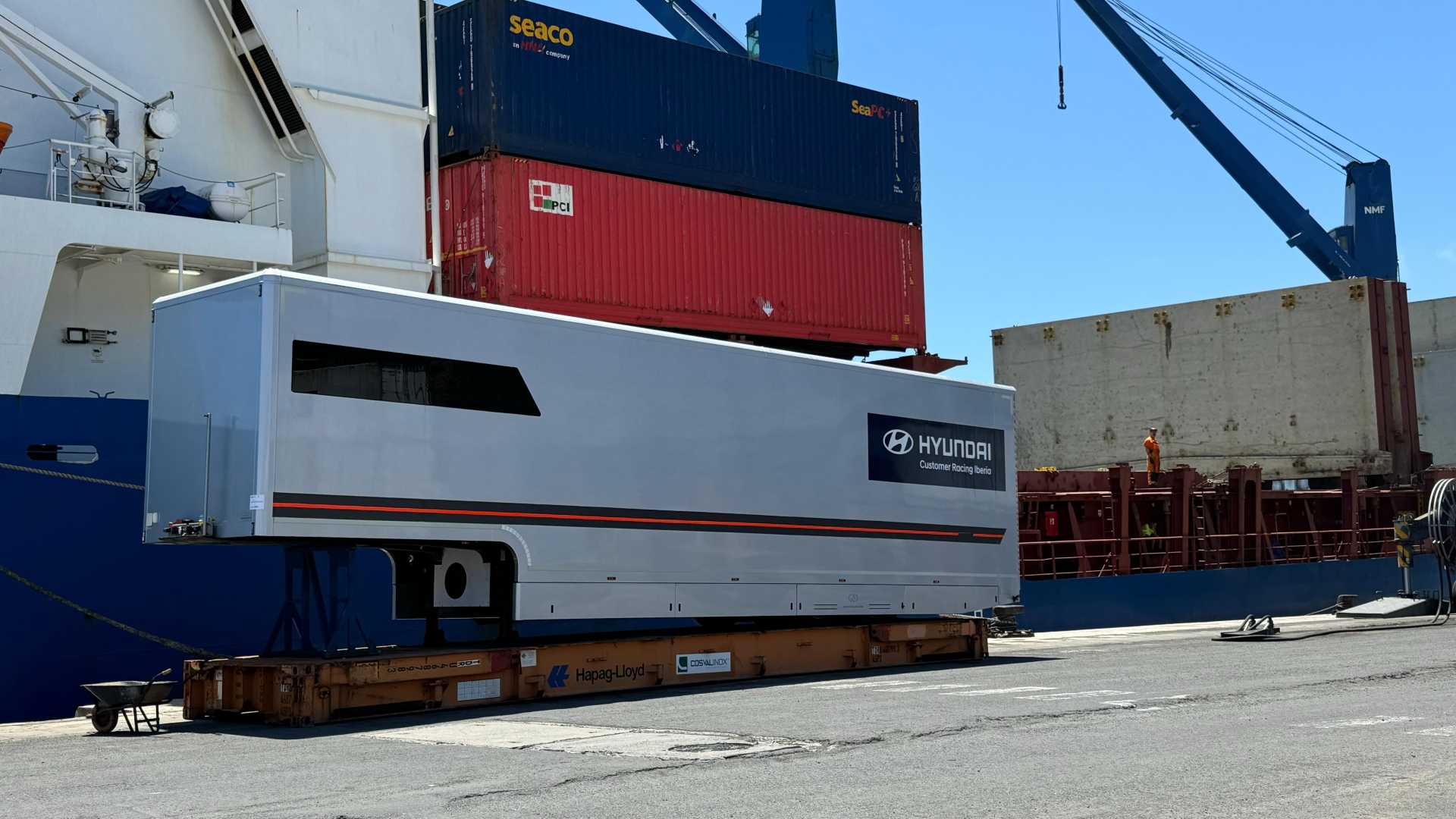Transporting cars to the RVM is a complex process
Transporting the vehicles for Rali Vinho da Madeira is one of the most complex operations in the preparation of this event. In the 2024 edition, transport was divided into different shipments totalling 18 lorries, 13 vans, 33 rally cars and 21 trailers. Between Leixões and Lisbon we had 6 shipments.
The Sousa Group has been one of the Organising Committee's partners for 35 years. Duarte Rodrigues, the group's director, explained that the motivation for supporting the event arises ‘because we realise that without this support it would be very difficult for it to take place, which would be bad for Madeira’. The Sousa Group has always positioned itself as a facilitator of high-impact events that are of interest to the region and ‘this is our main motivation,’ the director reiterated.
In practical terms, the support ‘consists of a very significant reduction in transport costs’. This process is not just limited to competition vehicles, but also vans and service lorries. The fact that the Sousa Group is the only ship owner to have two ships arriving in Madeira every week - one at the beginning of the week and the other at the end of the week - naturally favours the options available to competitors. However, there is a major challenge, which is the concentration of this operation in a very short period of time, around a week.
‘As you can understand, diluting this transport over more trips would always be much better from the point of view of making space available on the ships,’ said Duarte Rodrigues, adding that ’the transport of an event like this not only limits the transport capacity of the usual cars on our ships, but also limits the transport capacity of the containers themselves.’ Therefore, the main challenge ‘is to reconcile Rali Vinho da Madeira operation with the transport of the vehicles and containerised cargo of our regular customers who provide the Group with the transport of their goods throughout the year and who must not be disadvantaged’.
The process of loading and unloading the vehicles has to be done very carefully and slowly, avoiding any damage to the vehicles. Associated with this process is ‘monitoring the customs check’ in order to speed up the unloading process.
The process of transporting vehicles to the RVM starts at the beginning of the year, with a contact with Customs to find out if the customs procedures are the same as usual, both for transporting vehicles and for transporting fuel.
About 1 to 2 months beforehand, contact is made with the teams to request documentation and information about the vehicles.
















